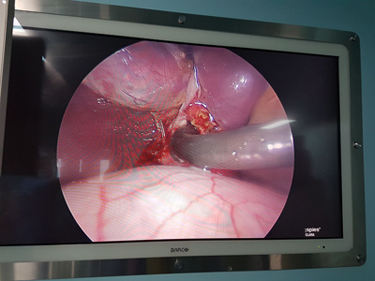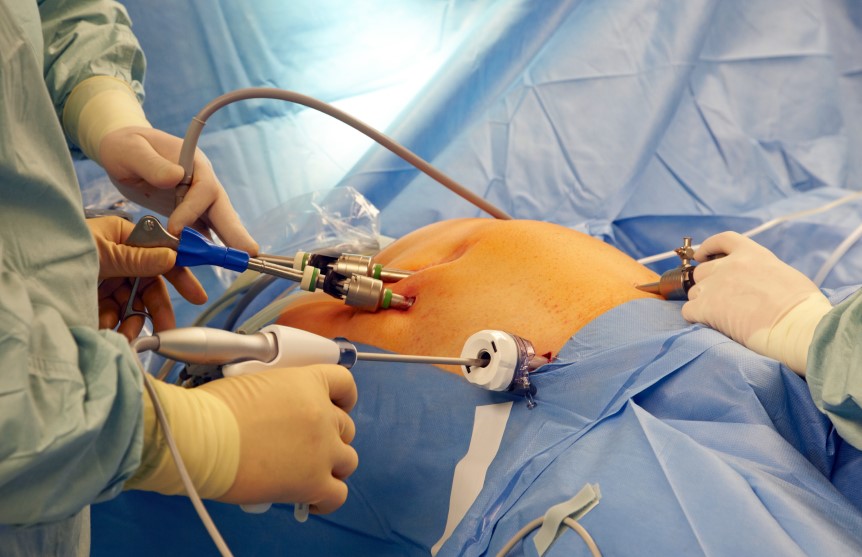

The only real treatment for chronic liver disease at present is a liver transplant. However, there are some promising drugs currently being tested such as sulfasalazine which have the potential to aid regeneration by blocking special proteins that stop liver regeneration. This can enable the liver to partially or totally regenerate. Unfortunately at present, this drug is not being used as it is in clinical trials. Other treatments involve using stem cells that could be injected into the patient's damaged liver and regenerate the organ, but this is in its infancy as well.
New instrumentation and techniques allow the surgeon to perform the procedure through several small incisions, what we now refer to as "minimally invasive", "laparoscopic", or "laparoscopic-assisted" colorectal surgery.
1. Diverticular disease, specifically diverticulitis
2. Appendicitis
3. Benign and malignant colon and rectal polyps, tumors and malignancies (cancer)
4. Severe constipation which does not respond to medicine
5. Rectal prolapse (when rectal tissue relaxes or is no longer supported by the surrounded muscle)
6. Colon volvulus (any twisting or displacement of the intestines causing obstruction)
7. Inflammatory bowel disease (Chrohn's or ulcerative colitis)

Laparoscopic CBD Exploration

Laparoscopic CBD Stone Extraction